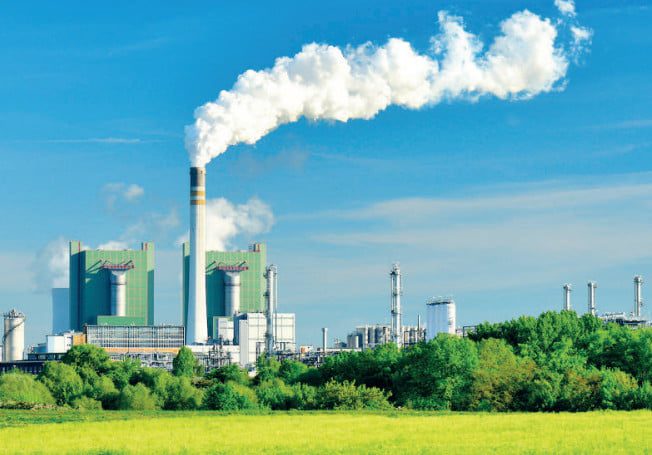The financing of the ecological transition in Morocco has become a major macroeconomic challenge for the coming decade, with an estimated cost of more than 5% of GDP per year by 2030. According to a note from the regional economic service in Rabat, public finances must play a central role in this transition, alongside the private sector. Morocco is using various levers: environmental taxation, corporate and public agency programs, green budgets, sustainable public procurement, and green bonds.
Since June 2017, Morocco has adopted the National Strategy for Sustainable Development 2030 (SNDD) and has developed a Low Carbon Development Strategy by 2050. These initiatives aim to reduce greenhouse gas (GHG) emissions by 45.5% by 2030 compared to current levels. In terms of energy, Morocco aims to achieve a renewable installed electricity capacity of 52% by 2030 and is considering implementing a carbon pricing system.
The green transition is crucial for Morocco due to its potential for low-cost renewable electricity production, allowing not only the transformation of the national production system but also supporting the European Union in its decarbonization goals. The EU’s Carbon Border Adjustment Mechanism (CBAM), scheduled for January 2026, underscores the importance of this transition for a Moroccan economy that conducts two-thirds of its trade with the EU.
The World Bank estimates that implementing Morocco’s NDC will require a financial effort of $78.8 billion over the period 2020-2030, or about $7.2 billion per year. This represents a challenge, especially in a context of pressure on public finances. Therefore, the private sector will also need to play a crucial role in the success of this transition.
In terms of environmental taxation, Morocco has begun reforms, including a study for the establishment of a carbon tax in 2024. In 2023, Morocco concluded an agreement with the French Development Agency for a loan of 80 million euros, aimed at directing public action towards ecological and energy transition issues, through five areas of cooperation: a green budget, integrating climate considerations into public procurement, developing a framework for green bonds, sustainable management of companies and public establishments, and developing a taxonomy for green finance.
The major investment plans of public companies, such as those of the OCP Group and the Moroccan Agency for Sustainable Energy (MASEN), will be essential to achieve the decarbonization goals of the energy mix. The OCP Group’s program (2023-2027) has a budget of 130 billion dirhams, and MASEN plans nearly 8.7 billion dirhams in investments in 2024. These initiatives highlight Morocco’s commitment to becoming a regional leader in energy transition and sustainable development.
Financing this transition is crucial, with an estimated cost of $78.8 billion over the period 2020-2030, or about $7.2 billion per year. The private sector is also being called upon to contribute to these efforts. Morocco is committed to reforms in environmental taxation, including studying the establishment of a carbon tax in 2024. In collaboration with the French Development Agency, Morocco is directing public action towards ecological transition issues, with a budget loan of 80 million euros and a technical assistance program. Major investment plans, such as those of the OCP Group and the Moroccan Agency for Sustainable Energy (MASEN), will play a key role in achieving decarbonization goals.


